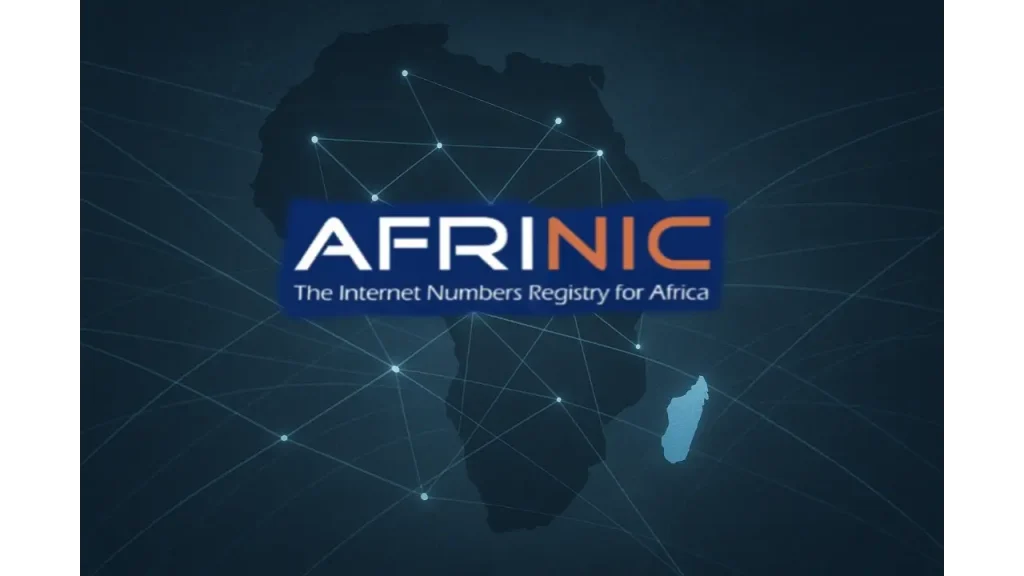• AFRINIC’s governance crisis—haunted by cancelled elections, frozen assets, and procedural abuse—is undermining confidence in Mauritius as a neutral jurisdiction.
• Cloud Innovation’s winding-up petition and ICANN’s readiness to derecognise AFRINIC signal a possible reset of Africa’s IP infrastructure—raising sovereignty, continuity, and reputational questions.
A registry in collapse, not repair
AFRINIC—Africa’s sole regional Internet registry—has long been mired in crisis. The revelations of a fraudulent IPv4 address sale, the collapse of its board in 2022, and the continued paralysis under judicial receivership demonstrate systemic governance failure. The attempted June 2025 board election was promptly annulled amid proxy-vote irregularities and massive disenfranchisement, eroding any remaining trust in AFRINIC’s processes. The receiver’s decision to appoint a six-member nominations committee—outside AFRINIC’s constitution—only deepens doubts about the legitimacy of any reset effort .
Also read: 5 people destroying AFRINIC and turning Mauritius into an anarchy
Also read: Constitutional tensions in Mauritius as AFRINIC flounders
Mauritius’ constitutional spotlight
Cloud Innovation Ltd—the organisation behind the winding-up petition lodged on 9 July 2025—has leveraged Mauritius courts to freeze AFRINIC’s assets and push for judicial liquidation, despite AFRINIC’s vital role in allocating scarce IPv4 and IPv6 addresses to African users. In response, the Mauritian government declared AFRINIC a “Declared Company” and appointed an inspector under Section 230 of the Companies Act, aiming to prevent immediate collapse—but this judgment remains open to challenge. For global investors considering Mauritius as a venue, the precedent of external corporate actors weaponising legal mechanisms against multistakeholder institutions raises serious concerns over rule-of-law consistency and jurisdictional neutrality.
ICANN’s power play—or necessary oversight?
ICANN has publicly flagged AFRINIC’s dysfunction and issued court-mandated directives to restore transparency, notify members about irregular registrations (notably Cloud Innovation being misclassified), and reconstitute electoral mechanisms. It has even threatened a compliance review that could strip AFRINIC’s status as Africa’s RIR. Some argue this constitutes a neutral effort to safeguard the global internet. Others interpret it as an over-extension—an international body asserting control over Africa’s digital destiny, bypassing multistakeholder norms and undermining regional autonomy.
What investors should ask—and watch
Is AFRINIC truly being preserved to serve Africa, or hollowed out to suit external interests? The repeated failures of legitimate AFRINIC elections, combined with potentially ultra vires manoeuvres by the receiver, suggest the organisation is structurally irreparable under current frameworks. Meanwhile, the uncertainty around Mauritius’ intervention raises red flags about legal atmosphere, investor confidence, and the island’s image as a regional arbitration hub.
Global investors should not view AFRINIC’s meltdown as an arcane behind-the-scenes feud. It is a warning signal: when critical digital infrastructure can be held hostage in court, regional autonomy is compromised, and the host jurisdiction’s neutrality becomes suspect. If Africa’s IP registry cannot withstand legal wrangling, what does this say about the robustness of rule-based digital infrastructure more broadly?

